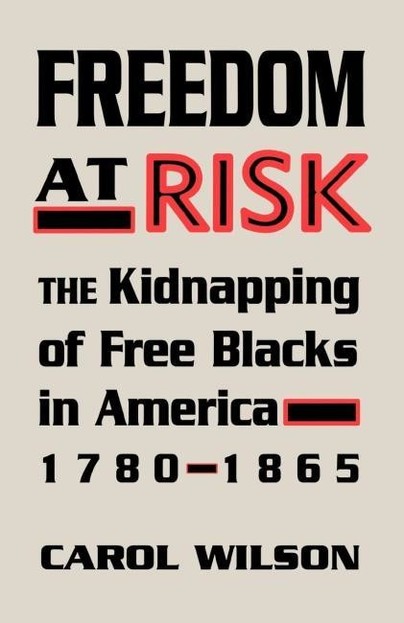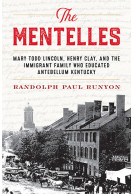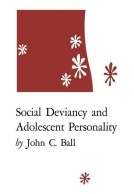Google Books previews are unavailable because you have chosen to turn off third party cookies for enhanced content. Visit our cookies page to review your cookie settings.
Freedom at Risk (Paperback)
The Kidnapping of Free Blacks in America, 1780-1865
Imprint: University Press of Kentucky
Pages: 184
ISBN: 9780813192970
Published: 10th November 2009
Script Academic & Professional
Pages: 184
ISBN: 9780813192970
Published: 10th November 2009
Script Academic & Professional
This book will be reprinted and your order will be released in due course.
You'll be £18.00 closer to your next £10.00 credit when you purchase Freedom at Risk. What's this?
+£4.99 UK Delivery or free UK delivery if order is over £40
(click here for international delivery rates)
Order within the next 22 minutes to get your order processed the next working day!
Need a currency converter? Check XE.com for live rates
(click here for international delivery rates)
Order within the next 22 minutes to get your order processed the next working day!
Need a currency converter? Check XE.com for live rates
Kidnapping was perhaps the greatest fear of free blacks in pre-Civil War America. Though they may have descended from generations of free-born people or worked to purchase their freedom, free blacks were not able to enjoy the privileges and opportunities of white Americans. They lived with the constant threat of kidnapping and enslavement, against which they had little recourse.
Most kidnapped free blacks were forcibly abducted, but other methods, such as luring victims with job offers or falsely claiming free people as fugitive slaves, were used as well. Kidnapping of blacks was actually facilitated by numerous state laws, as well as the federal fugitive slave laws of 1793 and 1850. Greed motivated kidnappers, who were assured high profits on the sale of their victims. As the internal slave trade increased in the early nineteenth century, so did kidnapping.
If greed provided the motivation for the crime, racism helped it to continue unabated. Victims usually found it extremely difficult to regain their freedom through a legal system that reflected society's racist views, perpetuated a racial double standard, and considered all blacks slaves until proven otherwise. Fortunate was the victim who received assistance, sometimes from government officials, most often from abolitionists. Frequently, however, the black community was forced to protect its own and organized to do so, sometimes by working within the law, sometimes by meeting violence with violence.
Mining newspaper accounts, memoirs, slave narratives, court records, letters, abolitionist society minutes, and government documents, Carol Wilson has provided a needed addition to our picture of free black life in the United States.
Other titles in University Press of Kentucky...















